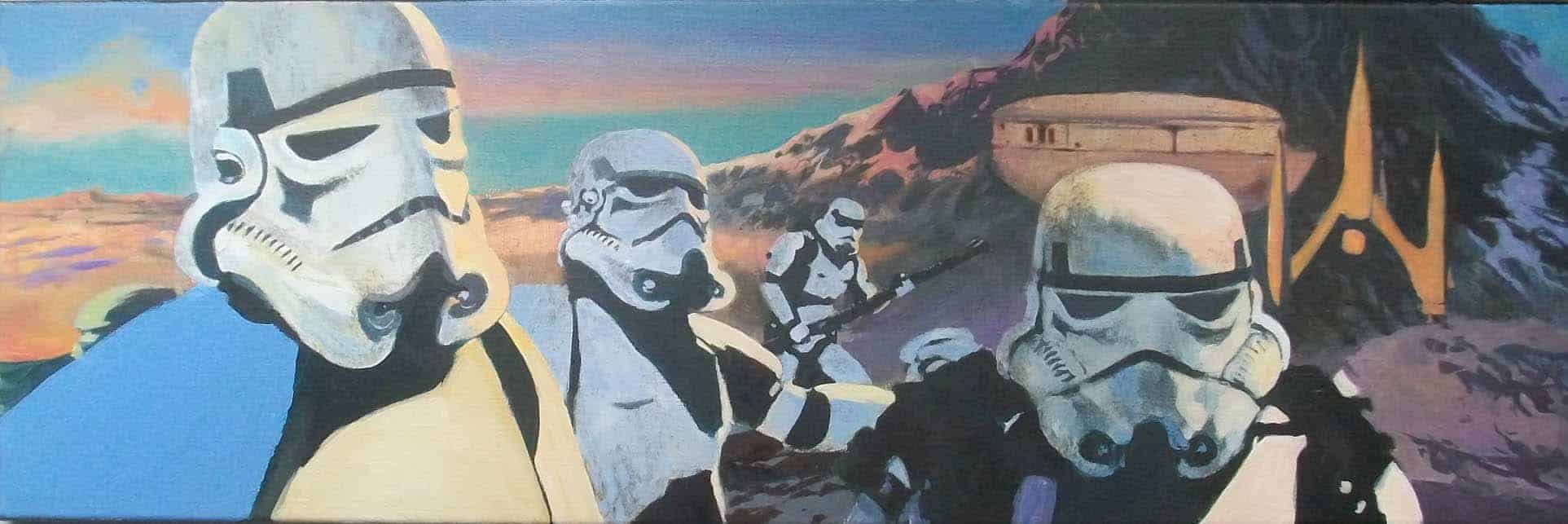Vincent Pompetti discusses his inspirations for his graphic novel Ancient Astronauts.
Science fiction has always fascinated me. Some of the stories, Star Wars for example, are just entertainment for me. I didn’t have any epiphanies after watching The Phantom Menace. But other stories like The Giver, Brave New World, and 1984 had a little more impact for me, striking the rebellious cord not-so deep within.
That’s probably why, when I met Vincent Pompetti in 2016, I was so excited by Ancient Astronauts. Not only was the artwork amazing, but there was a message behind it, something with impact. What if there really was a civilization of advanced beings that came before us? And what if we had just lost our way? There had to be a universal truth to our existence that was buried deep somewhere in our origin story.
I decided to interview Vincent to find out more about how science fiction had influenced his life and work.
I hope you enjoy his thoughts on the subject!
Andrew Benteau, Founder of Black Panel Press

V: Science fiction has always interested me for its imaginative side. It’s the opening of the mind, the curiosity of the unknown, the mystery, the other ways to see the world.
There are the metaphysics as well. I would say that its spectacular side also interests me, especially the themes in science fiction.
I encountered it at a very young age, and it’s been a part of my journey ever since.

V: The first author that really influenced me was Philip K. Dick (“Do Androids Dream of Electric Sheep?“), who for me was what you might call a modern mystic. He spoke about metaphysics, he revisited Plato’s “Allegory of the Cave,” questioning what is reality, and if we can change our perspective on reality, does that mean we can change reality as well? That interests me a lot

V: I really like the fact that science fiction is a sort of modern wisdom. By that I mean it’s a way to create messages that would otherwise not be accepted by society. We are still a rather wild species and we don’t easily support criticism. Through stories like 1984 (George Orwell) or Brave New World (Aldous Huxley) it’s possible to make people aware of dangers without focusing too much on morality. That’s what interests me about it.

Need an excuse to get awesome graphic novels? Take 50% off
1. Sign up with your name and email address.
2. Check your inbox for your discount code.
3. Take 50% off your first order at www.blackpanelpress.com
You have Successfully Subscribed!